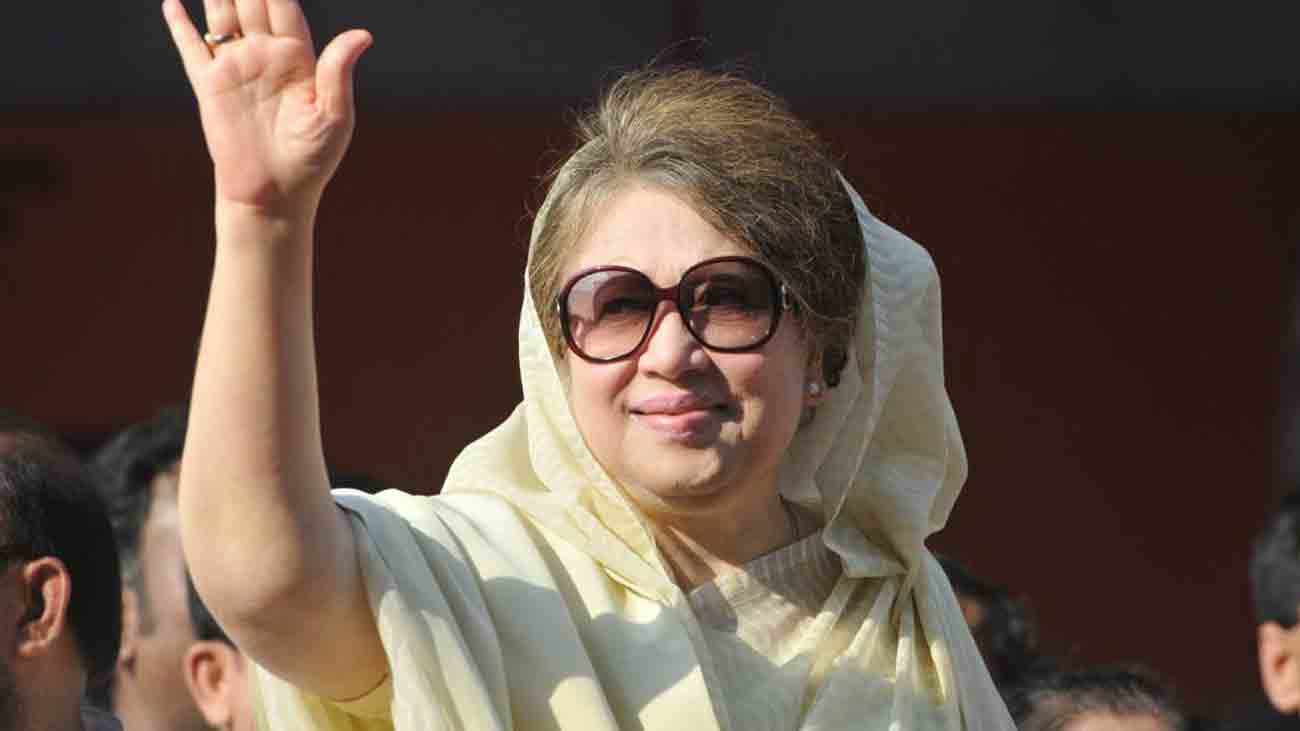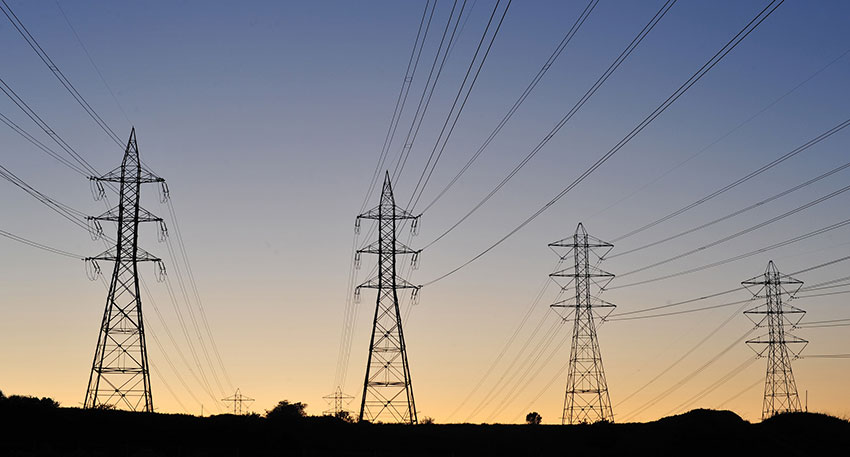
Earlier on Monday, Hasina resigned after weeks of deadly anti-government protests, putting an end to more than two decades at the top of the country’s politics.
The 76-year-old daughter of the founder of the country fled to India on Monday. Jubilant crowds took to the streets to celebrate the news, with some storming the prime ministerial palace, reportedly looting and vandalising parts of her former residence.
Army chief Waker-Uz-Zaman said the military would begin talks on forming an interim government.
Also read: Bangladesh PM Hasina has resigned and left the country, media reports say
In a televised address on Monday afternoon, Waker-uz-Zaman said an interim government would be formed. He added that he would meet President Mohammed Shahabuddin and was hoping that a "solution" would be found by the end of the day.
The army chief said he had already spoken to the country s opposition political parties, but did not make clear who would head the new government. He urged Bangladeshis to trust the army, adding that "all killings, all injustice" would be "examined".
Protesters were seen carrying out furniture from the prime minister s residence.
In Dhaka, police and other government buildings were attacked and set on fire. Protesters attempted to tear down a statue of independence leader Sheikh Mujibur Rahman, Ms Hasina’s father.
Also read: Bangladesh PM Hasina lands in India as army takes over
Army and police units were deployed across the city. Mobile phone service was reportedly cut off for several hours before being restored.
At least 20 people were reported killed on Monday.
Her departure leaves a vacuum in Bangladeshi politics, which has long been characterised by a rivalry between her Awami League and the Bangladesh Nationalist party.
The country has experienced several military coups, most recently in 2007.
Debapriya Bhattacharya, a senior economist with the Centre for Policy Dialogue in Dhaka, told the BBC that while the resignation had been met with "euphoria" in the streets, attacks on the Hindu minority had escalated, posing an immediate challenge to the new authorities.
"There is a feeling that India completely backed Sheikh Hasina’s government. Protesters make no distinction between India and Hindu citizens of Bangladesh, which has already led to attacks on temples and people.
"Now there is a power vacuum, there is nobody to implement law and order. The new government will need to protect religious minorities."
Ms Hasina s allies said she would not return to the country s politics. The former prime minister has spent a total of 20 years in office, first coming to power in 1996.




